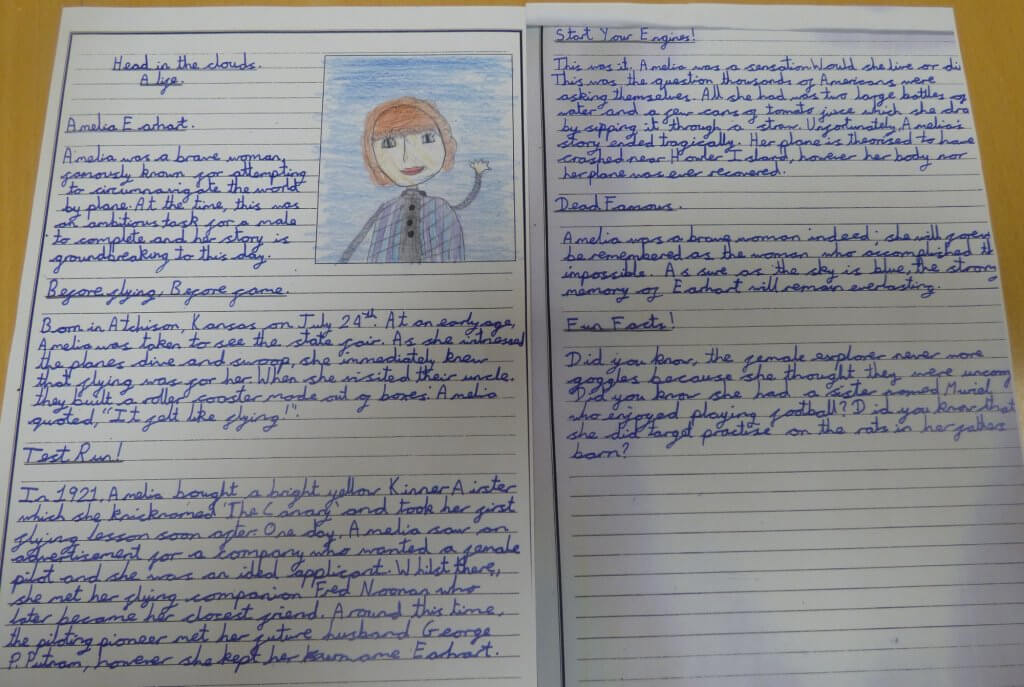English
This consists of 3 aspects; speaking and listening, reading and writing. We believe speaking and listening is vital in all years and during lessons, pupils will be encouraged to verbalise what they are thinking, either to the teacher or to their peers.
Phonics
Our phonics programme aims to develop each child’s confidence, resilience and engagement in phonics lessons and a love for reading and writing.
Phonics is taught from Reception and throughout Key Stage 1 as a foundation for pupils to develop their reading and writing. At Brabourne we use the DfE-approved Twinkl Phonics programme to form the basis and provide children with the skills with which they can become confident, fluent and independent readers.
The Twinkl Phonics resource builds and develops children’s speaking and listening skills as well as providing them with the firm foundations needed for reading through the development of their phonics knowledge and skills. It is a detailed and systematic programme which teaches children the skills they need to read. Children in EYFS and KS1 participate in a 20-30 minute phonics lesson at least 4 times per week and within each lesson there will be the following sections:
- Revisit and Review – where they will recap their previous learning
- Teach – where they will be taught or consolidate a new phoneme/letter pattern or word(s)
- Practise – where they will read and/or segment and spell words/captions/sentences with the new phoneme/letter pattern or word(s)
- Apply – where they will read or write words or captions or sentences with the new phoneme/letter pattern or word(s) as w whole class, group or individually.
The Twinkl Phonics programme consists of 6 overlapping, but progressive levels, which allow the continuous development of children’s phonics knowledge and skills. The programme begins with lots of auditory work; promoting good listening skills, rhythm and rhyme and environmental skills which form a firm basis upon which children can progress and develop to become fluent readers, who are able to spell words with complex spelling patterns in KS1.
By following this programme children will:
- learn that we can represent sounds by written letters
- learn that each letter has a sound and also a name
- learn variations of sounds
- learn a total of 44 sounds and their corresponding written form
- learn to blend sounds together in order to make words, getting progressively more complex
- become confident readers over time who can read captions and sentences
- learn to segment words into their individual sounds to aid spelling
- develop spelling skills such as prefixes, suffixes, doubling or omitting letters
Using the Twinkl programme we:
- enable children to learn phonic knowledge and skills with the expectation that they will become fluent readers, having secured word building and recognition skills.
- are determined that every pupil will learn to read, regardless of their background, needs or abilities.
- ensure that the pupils are taught high frequency words/common exception/tricky words that do not conform to regular phonic patterns.
- ensure that pupils have opportunities to read texts and words that are within their phonic capabilities as early as possible
- encourage the pupils to attempt to spell words for themselves, within the range of their phonic knowledge, by building an individual repertoire and the confidence and strategies to attempt the unfamiliar. Visual aids are used to support the pupils in becoming confident and independent learners.
- develop the habit of reading widely and often, for both pleasure and information.
- support pupils in writing clearly, accurately and coherently, adapting their language and style in and for a range of contexts, purposes and audiences.
- match the expectations of the English National Curriculum and Early Learning Goals.
Reading
At Brabourne CEP School, we believe that every pupil has the right to learn how to read – that reading is the key to wisdom and flourish in all aspects of the curriculum.
At the heart of every child’s learning journey is the acquisition of vocabulary and language. Our curriculum places great emphasis on children revisiting new vocabulary in every subject, so that they become immersed in the world of language and knowledge. At Brabourne, we believe that a high-quality Literacy (English) curriculum should develop children’s love of reading, writing and discussion. We are advocates of Pam Ally’s simile that reading is like breathing in, and writing is like breathing out. Reading is at the heart of our curriculum as we believe that it is imperative that our children develop into confident and capable readers in order to develop their vocabulary and access all other areas of the curriculum.
In Reading, pupils are encouraged to select and be exposed to a range of texts for enjoyment. We believe passionately in encouraging and developing a life-long love of reading. At the core of each unit of study, high quality texts such as Power of Reading books, as recommended by the CLPE (Centre for Literacy in Primary Education), are carefully selected based on their theme and content. These books are shared as whole class core texts to ensure that all children at Brabourne are exposed to quality literature; broadening and deepening their knowledge and comprehension with regular opportunities to discuss, reflect and respond. Author study and background information on authors takes place in each unit of study.
This approach resonates through every other reading experience children encounter, such as whole class reading, group reading sessions, peer reading and in selecting the books which we provide for children to read independently, and the contexts we provide for sharing and enjoying these books. Pupils read at frequent intervals during the school week; to staff, at home, to parent-helpers, during quiet reading times, as well as for research in other subjects.
Daily reading comprehension takes place, taught through the unit of study texts, as well as weekly discrete reading skills lessons.
Reading Books
The reading books for children who are working on the Twinkl Programme (predominantly those in Reception and Year One) will be reading books that are entirely phonetically decodable and are in line with what they know. As we aim to instill a life-long love of reading we draw on range of different books to promote this. These include Oxford Reading Tree, Floppy’s Phonics and Bug Club which feature a range of fiction and non-fiction texts. These books have been carefully ordered by staff, by number and are worked through progressively by the children, according to their phonetic awareness. Access to these decodable books enables our youngest children to build confidence and allows them to practise their phonics skills. Some of the books may feature high frequency and/or tricky words which the children learn to recognise as part of the phonics programme. Other opportunities to read together happen daily too as part of the routine and/or environment. Children will enjoy sharing stories, non-fiction texts and poems together and will read captions, labels and simple instructions as part of their day-to-day learning.
Children in EYFS will bring home a set of grapheme cards and/or words cards at the end of each week. This is to enable them to continue their learning of that phoneme and/or words at home. Parents may also be directed to online resources to share with their child at home too.
As the children develop into confident and fluent readers, they will move onto books that have been grouped according to their Book Band colour. These books allow for progression in terms of word reading and development of comprehension skills as they become longer in length, complexity and/or story structure and hold children’s interest and thus develop their reading stamina.
Regular phonics tracking and reading age tests take place across the school, to ensure books assigned to pupils are appropriate and of suitable challenge. Books in Key Stage 2 are banded in reading ages and pupils are tracked carefully to ensure they are reading from the correct banding.
There are many opportunities for reading for pleasure, from ‘Book Buddies’, reading book exchanges, book weeks or enjoying books in the class reading corners or in the lodge at breaktimes.
Teachers are encouraged to think about themselves as reading role models; to promote books and reading; to develop their reading environment; and to think about broader reading opportunities which enable children to develop their independence and to read widely for purpose and pleasure across the curriculum, both in and out of school.
Writing
We have developed a curriculum that gives pupils real reasons to write, whether to retell, re-imagine, explain, persuade, inform or instruct.
Writing consists of many layered skills, from letter formation in handwriting, through to phonics, spelling, punctuation and grammar, plus the composition of extended writing pieces across a variety of genres. High quality core texts, such as the CLPE Power of Reading books, are used as stimuli for a creative, exploratory and exciting writing curriculum. Sequences of lessons are planned around an engaging text to make writing meaningful and motivational. Pupils at Brabourne benefit from stand-alone EGPS lessons (English Grammar, Punctuation and Spelling). The skills learnt here are then embedded within the text based English lessons. A range of genres are taught within English lessons and throughout the broader curriculum plus we also encourage pupils to write at home with the weekly homework tasks set.
We will be offering workshops for parents across the school year to support children’s learning in English.
Cultural Capital in English
At Brabourne, we aim to provide our children with the courage, skills and aptitude to enable them to make a difference in the world. By becoming confident readers and writers, our children will have access to the exciting opportunities available to the young people of the future. We believe it is important to give children access to reading materials from a broad spectrum that includes classics and contemporary texts, some by key British authors and poets through the ages, others from exciting new voices covering different backgrounds and experiences. Non-fiction texts and multi-media texts are an important aspect of our curriculum too, including mixed media approaches using technology. Throughout their learning in English, our pupils have the opportunities to connect, consolidate and reinforce their Reading and Writing skills within a broad and balanced yet purposeful curriculum, whilst developing their understanding and consideration of their own lives and those of others.
Suggested reading books
Phonics
Writing content examples
Writing presentation examples
YR
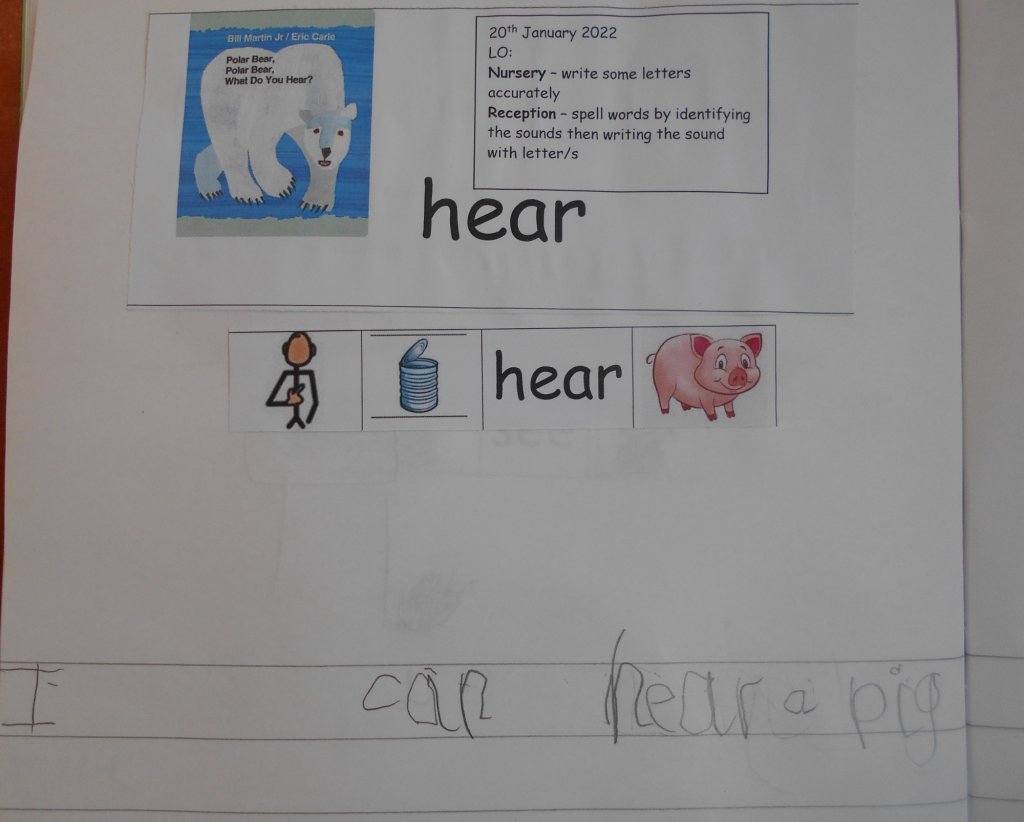
Y1
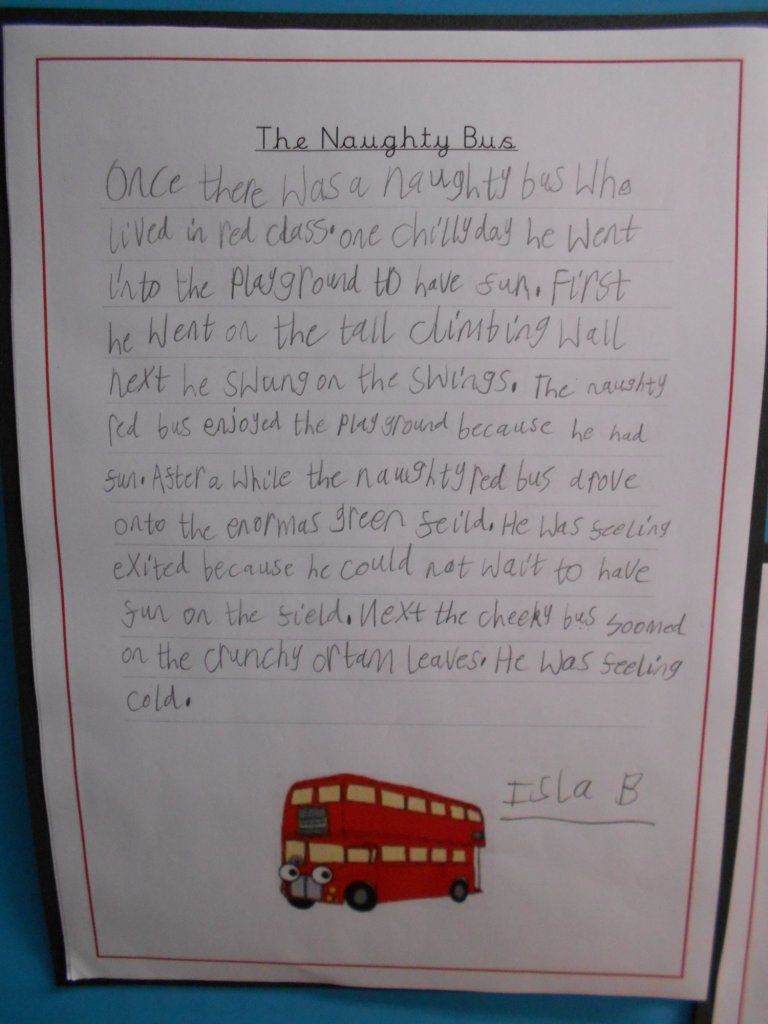
Y2
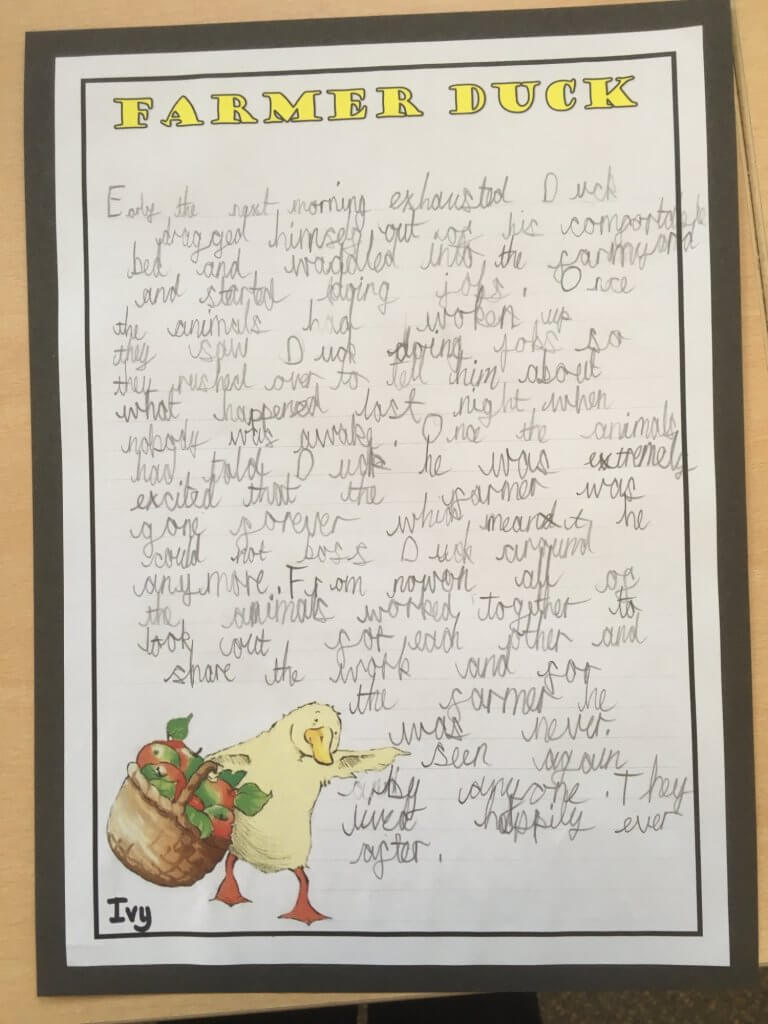
Y3
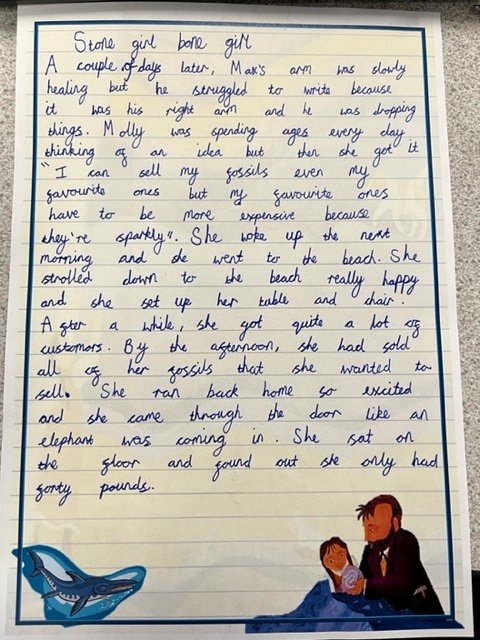
Y4

Y5

Y6
